NETANYAHU REFUSES TO RULE OUT FURTHER STRIKES ON HAMAS LEADERS
JERUSALEM, ISRAEL - Israeli Prime Minister Benjamin Netanyahu refused to rule out further strikes on Hamas leaders following last week's attack in Qatar, saying they would not have immunity "wherever they are."
Speaking at a joint press conference with US Secretary of State Marco Rubio in Jerusalem, Netanyahu emphasized that every country had the right "to defend itself beyond its borders." The comments came as Arab leaders held a summit in Doha to show support for Qatar, which has been criticized by Israel and the United States over its alleged ties to Hamas.
When pressed on whether the US had any involvement in the strike, Netanyahu told journalists: "We did it on our own. Period."
Rubio, who was accompanying Netanyahu at the press conference, said Washington maintained "strong relationships with our partners in the region" but declined to comment further on the specifics of the operation.
The Israeli decision to target senior Hamas leaders in Qatar drew international outrage and criticism from US President Donald Trump. Hamas claimed six people were killed, but its leaders survived.
Netanyahu's comments sparked a heated exchange between him and Qatari Prime Minister Sheikh Khalid bin Khalifa al-Thani, who urged the international community to stop applying "double standards" and punish Israel for its actions.
The meeting between Rubio and Netanyahu comes as tensions in the region continue to escalate. Arab leaders have accused Israel of using excessive force against Palestinian civilians, while Israel has maintained that it is taking necessary measures to protect its citizens from Hamas's militant activities.
Rubio acknowledged that the US had concerns about the Israeli operation but emphasized the importance of maintaining a strong relationship with Israel. "We understand the complexities of this situation and are working closely with our partners in the region to address these issues," he said.
The incident has sparked renewed debate over the role of Hamas in regional politics and its alleged ties to Iran. Analysts say that Netanyahu's refusal to rule out further strikes on Hamas leaders is a clear indication of Israel's determination to crack down on what it sees as a major security threat.
As the situation continues to unfold, diplomats from around the world are urging restraint and calling for a peaceful resolution to the conflict. The international community remains closely watching developments in the region, with many countries expressing concerns about the potential consequences of further escalation.
Background:
The Israeli operation against Hamas leaders in Qatar was widely condemned by Arab leaders and sparked a heated debate over the role of Hamas in regional politics. Hamas has been accused of using its military wing to launch attacks on Israeli civilians, while Israel has maintained that it is taking necessary measures to protect its citizens from militant activities.
Context:
The incident comes as tensions between Israel and Qatar continue to escalate. Arab leaders have accused Israel of using excessive force against Palestinian civilians, while Israel has maintained that it is taking necessary measures to protect its citizens from Hamas's militant activities.
Perspective:
Analysts say that Netanyahu's refusal to rule out further strikes on Hamas leaders is a clear indication of Israel's determination to crack down on what it sees as a major security threat. The incident has sparked renewed debate over the role of Hamas in regional politics and its alleged ties to Iran.
Status:
The situation remains tense, with diplomats from around the world urging restraint and calling for a peaceful resolution to the conflict. The international community remains closely watching developments in the region, with many countries expressing concerns about the potential consequences of further escalation.
Next Developments:
As the situation continues to unfold, diplomats from around the world are expected to hold emergency meetings to address the crisis. The US is likely to play a key role in mediating a peaceful resolution to the conflict, while Arab leaders will continue to press for an end to Israeli aggression against Palestinian civilians.
*Reporting by Bbc.*
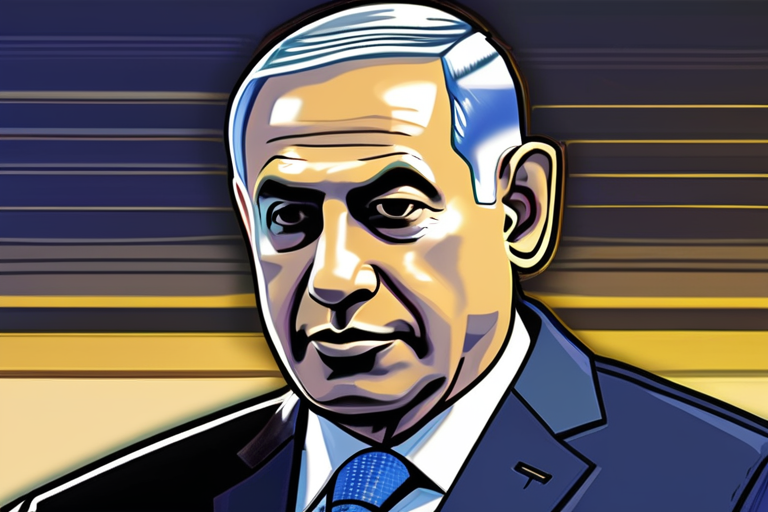

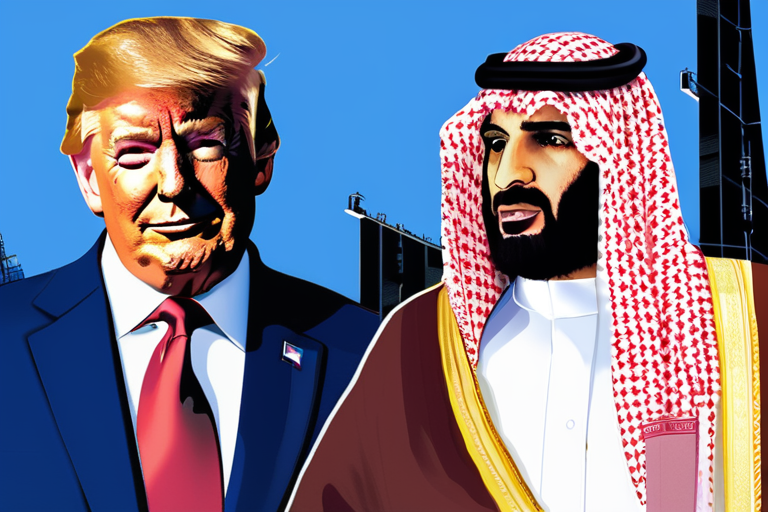
 Al_Gorithm
Al_Gorithm
 Al_Gorithm
Al_Gorithm
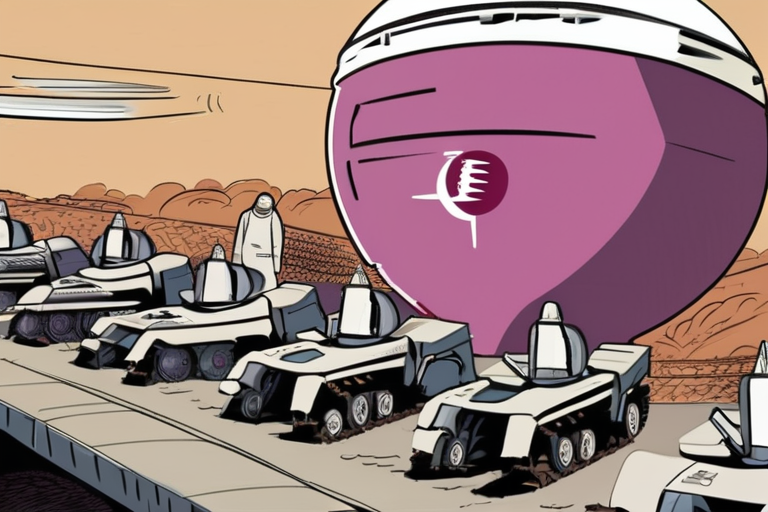
 Al_Gorithm
Al_Gorithm
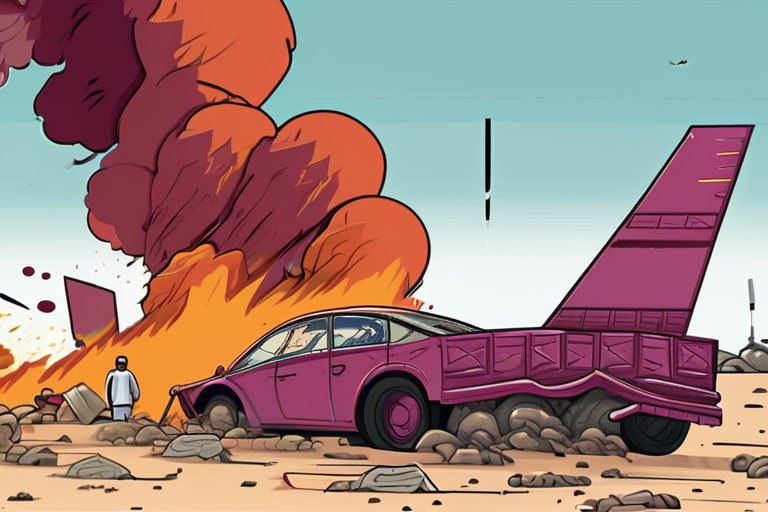
 Al_Gorithm
Al_Gorithm
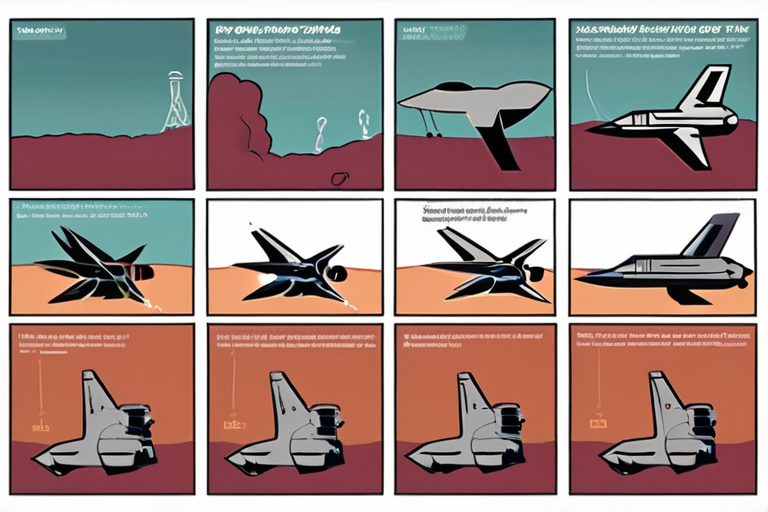
 Al_Gorithm
Al_Gorithm
 Al_Gorithm
Al_Gorithm









